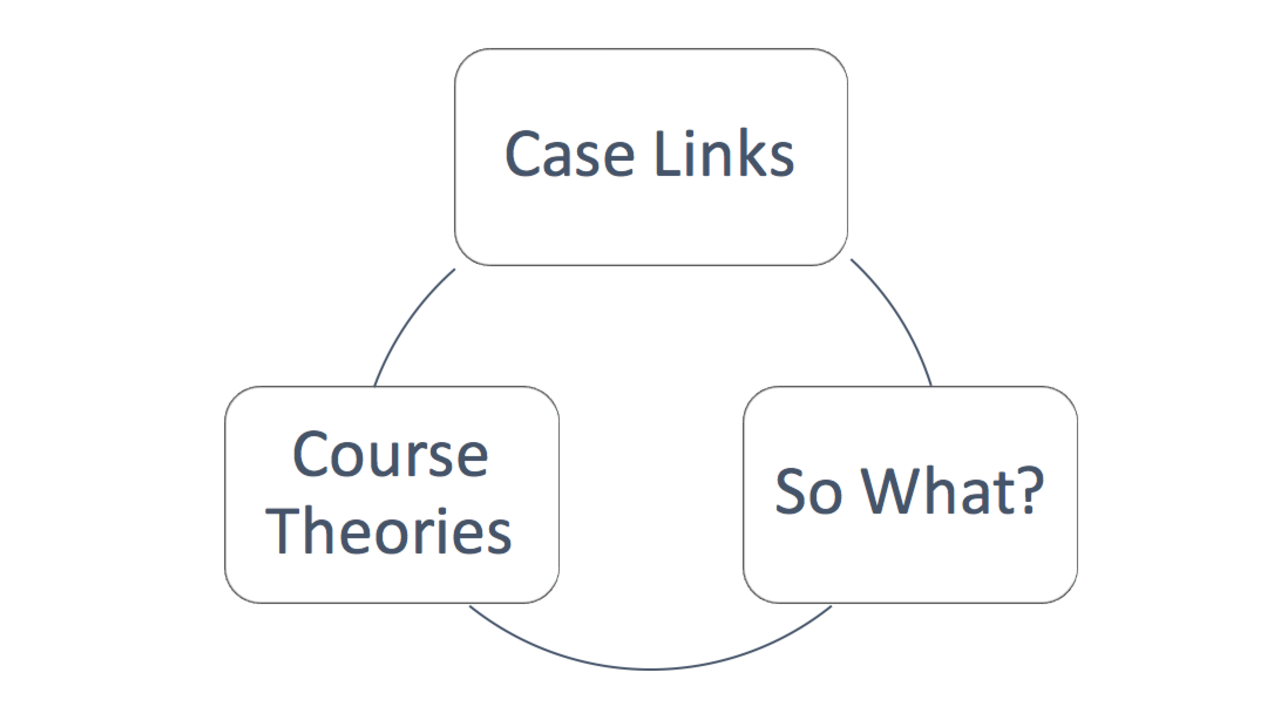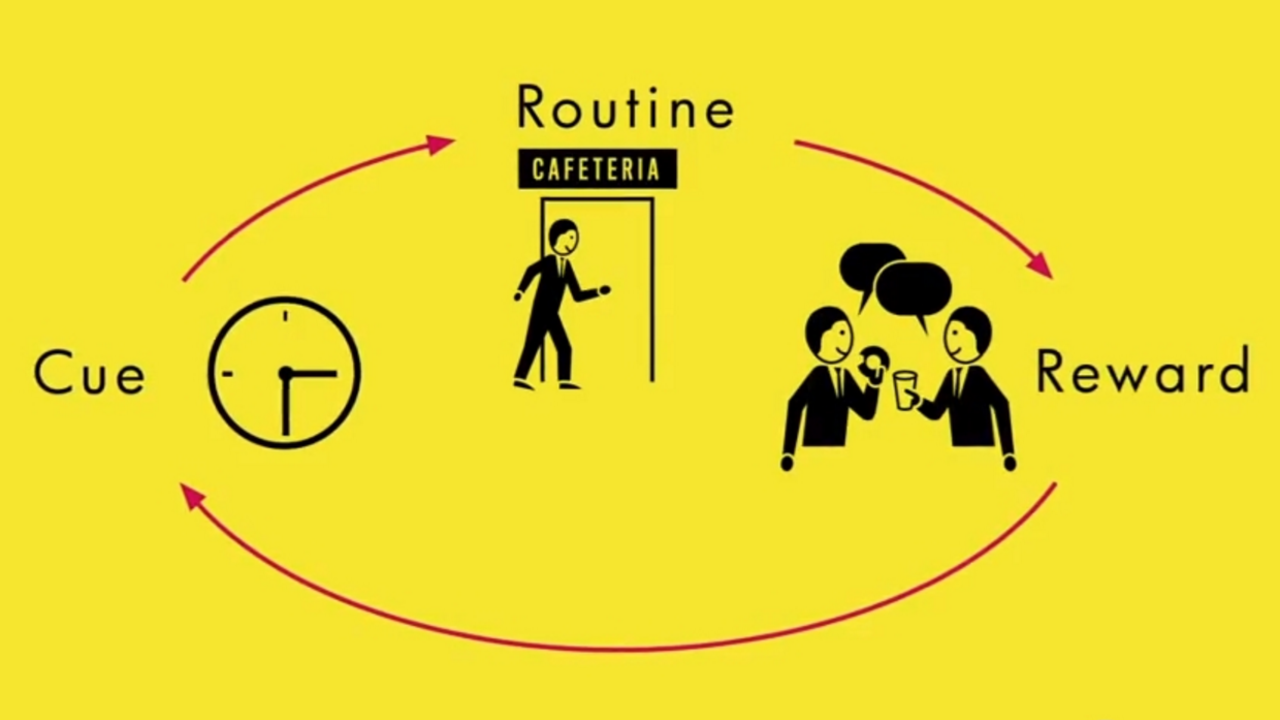Sense Perception Notes - Theory of Knowledge

Sense Perception Quotes
- "The eye sees only what the mind is prepared to comprehend" (Henri Bergson).
- "A fool sees not the same tree that the wise man sees. (William Blake).
- "You can't depend on your eyes when your imagination is out of focus" (Mark Twain).
- "Two thirds of what we see is behind our eyes" (Chinese proverb).
- Nothing revives the past so completely as a smell that was once associated with it" (Vladimir Nabokov).
Sense Perception Definitions
- "Perception by the senses rather than by the intellect." (Dictionary.com)
- "Perception by or based on stimulation of the senses." (Medical Dictionary)
Sense perception has three steps:
We perceive the world through our five sense...
Ethics Notes - Theory of Knowledge

Ethics Quotes
 "Everything has been figured out, except how to live." (Jean-Paul Sartre)
"Everything has been figured out, except how to live." (Jean-Paul Sartre)- "Happiness is good health and a bad memory." (Ingrid Bergman)
- "The foundation of morality is to have done, once and for all, with lying." (Thomas Henry Huxley)
- "A moral being is one who is capable of comparing his past and future actions or motives, and of approving or disapproving them." (Charles Darwin)
- "Every man, in his own opinion, forms an exception to the ordinary rules of morality." (William Hazlitt)
- "Morality is not the doctrine of how we may make ourselves happy, but how we may make ourselves worthy of happiness." (Immanuel Kant)
- "A man without ethics is a wild beast loosed upon the world." (Manley Hall) ...
Emotion Notes - Theory of Knowledge

Emotion Quotes
- "Feelings are not supposed to be logical. Dangerous is the man who has rationalized his emotions" (David Borenstein).
- "Emotions are not just the fuel that powers the psychological mechanism of a reasoning creature, they are parts, highly complex and messy parts, of this creature's reasoning itself." (Martha Nussbaum)
- "Anger is never without a reason but seldom a good one" (Benjamin Franklin).
- "Nothing great is accomplished in the world without passion" (Georg Hegel).
- "Man is a rational animal who always loses his temper when called upon to act in accordance with the dictates of reason." (Oscar Wilde)
-
“Anyone can be angry – that is easy. But to be angry with the right person to
...
History Notes - Theory of Knowledge

History Quotes
 “I have but one lamp by which my feet are guided, and that is the lamp of experience. I know no way of judging the future but by the past.” (Edward Gibbon)
“I have but one lamp by which my feet are guided, and that is the lamp of experience. I know no way of judging the future but by the past.” (Edward Gibbon)- "We spend a great deal of time studying history, which, let's face it, is mostly the history of stupidity." (Stephen Hawking)
- “Men think themselves free because they are conscious of their actions, but ignorant of their causes.” (Baruch Spinoza)
- "History is but the register of human crimes and misfortunes." (Voltaire)
- "History will be kind to me, for I intend to write it." (Winston Churchill)
- "Historians are dangerous people. They are capable of upsetting everything." (Nikita Khrushchev)
- "Those who cannot remember the past are condem ...
Human Science Notes - Theory of Knowledge

Human Sciences Quotes
- "The so
 cial sciences are good at accounting for disasters once they have taken place" (Claude T Bissell)
cial sciences are good at accounting for disasters once they have taken place" (Claude T Bissell) - "If it cannot be expressed in figures, it's not science; it is opinion." Lazarus Long
- "Life is heredity plus environment." (Luther Burbank)
- "An economist is an expert who will know tomorrow why the things he predicted yesterday did happen today." (Laurence J Peter)
- "Human behaviour makes most sense when it is explained in terms of beliefs and desires, not in terms of volts and grams." (Steven Pinker)
- "We need more understanding of human nature, because the only real danger that exists is man himself." (Carl Jung)
- According to Eric Schmidt of Google, every ...
How to Answer IB Business Management Questions

For some reason students find the longer IB Business Management questions very hard to master.
Actually I know why this is.
Just have a look at the list of things you have to do to get full marks in a 10-mark Business Management question.
Or don't. It's a bit overwhelming!
You don't need to read this paragraph, but... (For a 9 or 10, you need to show: "Good understanding of the demands of the question, including implications, where relevant. • Relevant business management tools (where applicable), techniques and theories are explained clearly and applied purposefully, and appropriate terminology is used throughout the response. • Effective use of the stimulus material in a way that significantly strengthens the response. • Evidence of balance is consistent throughout the response. • The judgments are relevant and well substantiated.")
Do all of those things, while also answering the question. How are you supposed to remember to do all of that?
¯
I’m going to reduce this down to...
Are there Examples You Should Avoid in TOK Essays

In Theory of Knowledge it's sometimes more interesting when a student uses an example (a quote, a story, a fact) that we haven't heard of before.
However, "original" evidence in your essays doesn't necessarily make them better essays, so don't worry about this too much. The more important thing is that you have used your examples well.
Common examples
Here's a story from quite a few years ago, but it's an interesting. One in the May 2016 TOK Subject Report, there was a list of some common examples that the TOK Chief Examiner at the time suggested students shouldn't use. In that person's opinion, they should be avoided because of their popularity. However, and this is the important part, there was a huge push-back from around the world about this. TOK teachers disagreed with the examiner and it was later clarified (many, many times) that students should feel very free to include whichever examples work best for them. Don't worry about trying to find examples that we haven't heard o...
How to Change Your Habits in Three Simple Steps


"We are what we repeatedly do. Excellence, then, is not an act, but a habit" (Aristotle).
A lot of what we do every day is habitual. Obviously, some of our habits are good and some aren’t, but they all work in the same way.
Think of how powerful it would be if you did the things you knew you should: If you didn’t procrastinate; if you did you got in the habit of getting ahead in your homework, if you always asked questions in class; if you did extra questions from the textbook.
A lot of times we see our habits as something we simply have to deal with, something we have or don’t have, a result of undisciplined childhood. But changing habits isn’t so hard when you understand how they work. I just finished Charles Duhigg’s book The Power of Habit, which explains the psychology and social science behind habits and outlines the simple, three step process involved in all habit.
Let’s take one of Duhigg’s examples: alcoholics anonymous. The famous 12 step program Alcoholics Anonymous us...
Words That Don't Have An English Equivalent

 This post is the result of the work of my Theory of Knowledge classes at the Overseas Family School. The idea here is that we want to pull into the English language some of the richness of other languages. Other languages have words that simply do not translate easily into English. These are sometimes called "untranslatable" words, but of course any word can be translated. More accurately they are words that don't have equivalents in other languages.
This post is the result of the work of my Theory of Knowledge classes at the Overseas Family School. The idea here is that we want to pull into the English language some of the richness of other languages. Other languages have words that simply do not translate easily into English. These are sometimes called "untranslatable" words, but of course any word can be translated. More accurately they are words that don't have equivalents in other languages.
Often these words show us something unique or special about a culture --they might have a word for something that people in other cultures may have never thought about. Some students also think that to fully understand these words you need to understand the culture or how people think about things a little differently in that part of the world.
Please share words that you know in your language (in the comments below), that we should (or could) start using in English. Don’t forget to provide an example.
Unique Words from Foreign Languag...
How to Make a Good Theory of Knowledge Essay Great

The purpose of this article is to help you strengthen the logic and argument of your ToK essay. This is great for making final touches to your work and to help you spot some common mistakes. And it will, of course, pull your mark up. I’m just going to assume that you’re already using my Essay structure (click here if you're not sure). (It’s a 7 paragraph, 2 section structure which works with just about every question). It will make a lot more sense if you are following this approach
Getting Started
When you first get assigned your real ToK essay, you’ll have a few “titles” to choose from. You choose a title, and then you have to come up with a KI for it and then a thesis. The thesis is your brief answer to your KI (or your hypothesis).
The Approach
In general your essay is about claims (with examples), counterclaims (with examples) and conclusions. It’s important that you understand that your claims always support your thesis and your counterclaims always oppose your thesis. I have...






